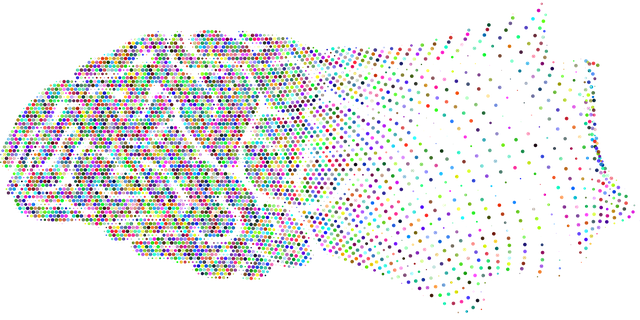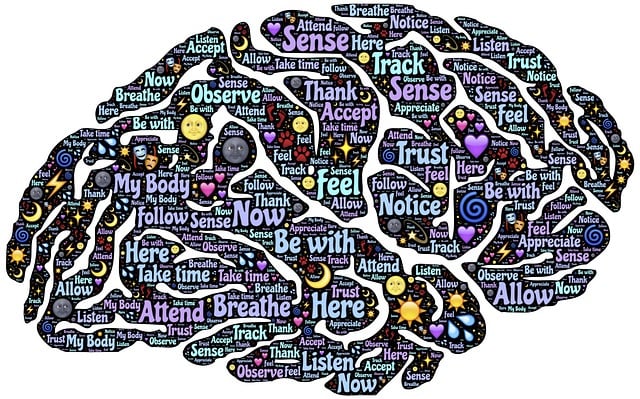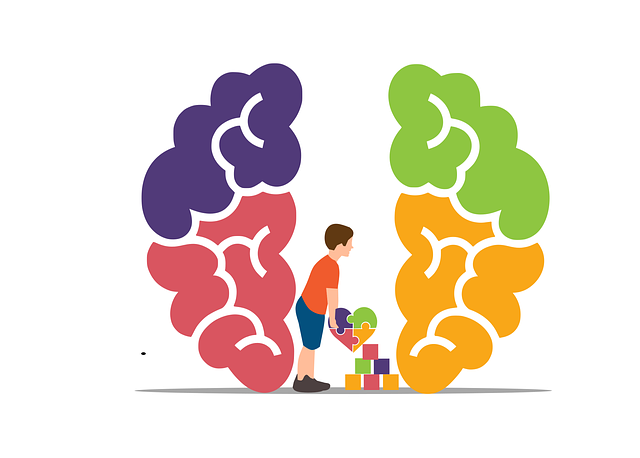Program evaluation at Highlands Ranch Divorce Therapy is a comprehensive, multi-method approach to mental wellness. By combining quantitative data (standardized assessments, behavioral observations) with qualitative insights (client feedback, interviews), they assess the effectiveness of therapies, support groups, and educational programs. This systematic process guides resource allocation, enhances patient care, prevents burnout, and fosters stronger therapist-client relationships. Long-term follow-ups ensure continuous improvement and adaptability to diverse client needs.
Mental wellness program evaluation is a vital aspect of ensuring effective support for individuals seeking therapy. This article explores the critical process of assessing mental health initiatives, with a specific focus on Highlands Ranch Divorce Therapy. We delve into key components, including self-report measures and behavioral observations, to measure individual and group therapy outcomes. By examining long-term follow-up strategies, this comprehensive guide offers insights into continuous improvement, highlighting best practices for successful mental wellness program evaluation.
- Understanding the Importance of Program Evaluation in Mental Health
- Key Components for Effective Assessment: A Comprehensive Approach
- Methods for Measuring Individual and Group Therapy Outcomes
- Utilizing Self-Report Measures and Behavioral Observations
- Long-Term Follow-Up and Continuous Improvement Strategies in Highlands Ranch Divorce Therapy
Understanding the Importance of Program Evaluation in Mental Health

In the realm of mental wellness, program evaluation is a vital tool to ensure effectiveness and accountability in healthcare services, especially in settings like Highlands Ranch Divorce Therapy. It involves systematically assessing the implementation and outcomes of interventions, providing valuable insights for improvement. Understanding the nuances of program evaluation allows mental health professionals to measure the success of various therapies, support groups, or educational programs designed to address complex issues such as divorce and its impact on individuals and families.
By employing evidence-based methods, healthcare providers can identify what works best in treating specific conditions, ultimately enhancing patient care. This process is crucial not just for Highlands Ranch Divorce Therapy but also for implementing Burnout Prevention Strategies for Healthcare Providers. Additionally, it encourages the development of Empathy Building Strategies, fostering deeper connections and understanding between therapists and clients. Program evaluation ensures that resources are allocated efficiently, contributing to improved mental health outcomes in communities.
Key Components for Effective Assessment: A Comprehensive Approach

For a comprehensive evaluation of mental wellness programs, several key components must be considered. Firstly, the assessment should encompass both qualitative and quantitative methods to gain a holistic understanding of participant experiences and outcomes. This includes collecting subjective feedback through surveys or interviews, as well as objective data on program engagement and behavioral changes.
A robust evaluation strategy also demands a multi-faceted approach that integrates various aspects of mental wellness. This could involve measuring improvements in self-esteem, stress management skills, emotional regulation, and overall life satisfaction. By incorporating these elements, such as those offered by Highlands Ranch Divorce Therapy, into the assessment framework, program designers can effectively gauge the success of their initiatives and make informed adjustments to enhance participant outcomes. Additionally, focusing on areas like Mental Health Education Programs Design and Self-Esteem Improvement ensures a well-rounded evaluation that captures the essence of comprehensive mental wellness support.
Methods for Measuring Individual and Group Therapy Outcomes

Evaluating the outcomes of therapy programs, be it individual or group settings, is a multifaceted process that goes beyond mere satisfaction surveys. In the context of Highlands Ranch Divorce Therapy, several robust methods have been employed to measure therapeutic success. One such method involves tracking changes in clients’ symptoms over time using standardized assessment tools tailored for depression prevention and emotional intelligence. By comparing pre- and post-therapy scores, therapists can quantify improvements in areas like coping mechanisms, stress management, and interpersonal communication strategies.
Moreover, qualitative measures offer a deeper understanding of therapy outcomes. Open-ended questionnaires and interviews allow clients to share their personal reflections on the therapeutic journey. This provides valuable insights into the specific aspects of treatment that resonated with them, such as particular communication techniques or emotional release strategies. Integrating these subjective reports alongside quantitative data ensures a comprehensive evaluation, enabling therapists to fine-tune their approach for optimal results in both individual and group therapy settings.
Utilizing Self-Report Measures and Behavioral Observations

In evaluating mental wellness programs, particularly in settings like Highlands Ranch Divorce Therapy, Self-Report Measures (SRMs) play a pivotal role. These tools allow participants to reflect on their emotional states, symptoms, and overall well-being. SRMs can include standardized questionnaires designed to assess specific aspects of mental health such as depression, anxiety, or stress levels. This qualitative data offers valuable insights into individuals’ perceptions and experiences within the program. For instance, understanding how clients describe their progress or challenges can help therapists tailor interventions more effectively.
Complementing SRMs, Behavioral Observations provide a complementary perspective. Therapists can document client behaviors, interactions, and emotional responses during sessions and in group settings. This qualitative data focuses on observable changes, such as improved communication strategies, enhanced social engagement, or reduced defensive mechanisms. By combining SRMs and Behavioral Observations, mental health professionals gain a comprehensive view of clients’ progress—one that considers both self-reported experiences and external manifestations, fostering more culturally sensitive practices (Cultural Sensitivity in Mental Healthcare Practice) and potentially preventing burnout among healthcare providers (Burnout Prevention Strategies for Healthcare Providers).
Long-Term Follow-Up and Continuous Improvement Strategies in Highlands Ranch Divorce Therapy

In Highlands Ranch Divorce Therapy, long-term follow-up is an integral part of ensuring lasting positive outcomes for clients navigating the complexities of divorce. This involves scheduled check-ins and informal meetings to assess how individuals are coping and adapting post-therapy. By maintaining this connection, therapists can promptly identify any recurring issues or new challenges that may arise, allowing for timely intervention. The continuous improvement aspect focuses on refining the therapy program based on client feedback and emerging research in mental health awareness. This includes incorporating innovative practices, such as specialized Trauma Support Services and Stress Management Workshops Organization, to cater to the evolving needs of the diverse population seeking help. Regular evaluation enables therapists to stay abreast of what works best, ensuring the program’s effectiveness and adaptability over time.
Mental wellness program evaluation is a vital component of delivering effective high-quality care, especially in specialized therapies like Highlands Ranch Divorce Therapy. By employing comprehensive methods that include self-report measures, behavioral observations, and long-term follow-ups, therapists can gain valuable insights into the outcomes and impacts of their programs. This data-driven approach allows for continuous improvement, ensuring that the therapy aligns with the evolving needs of clients, ultimately enhancing the overall mental wellness of participants in Highlands Ranch Divorce Therapy and similar programs worldwide.














